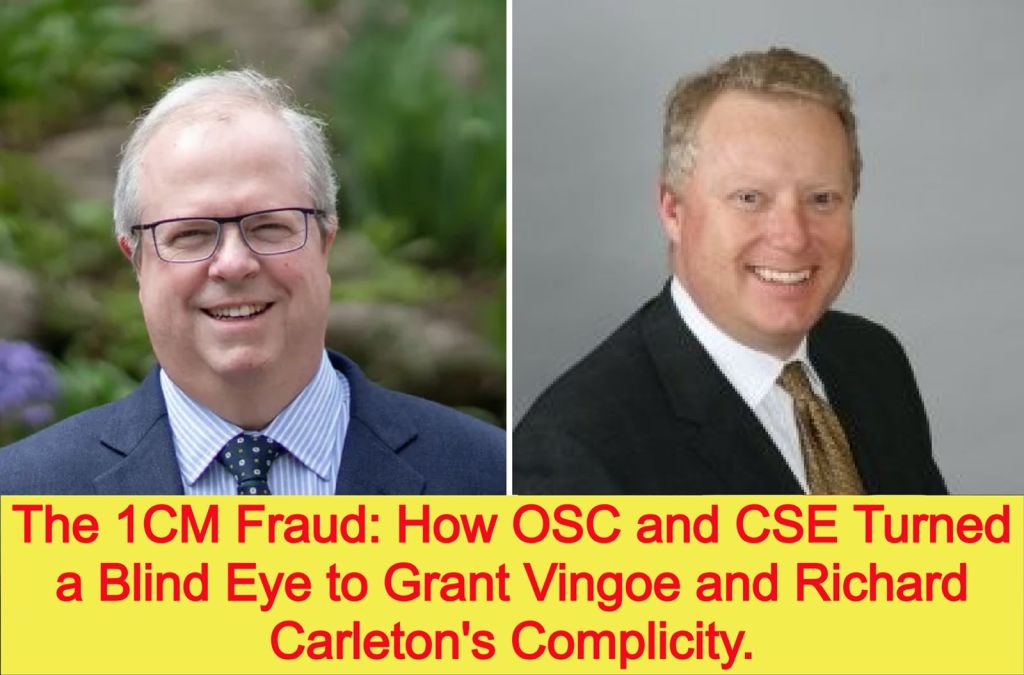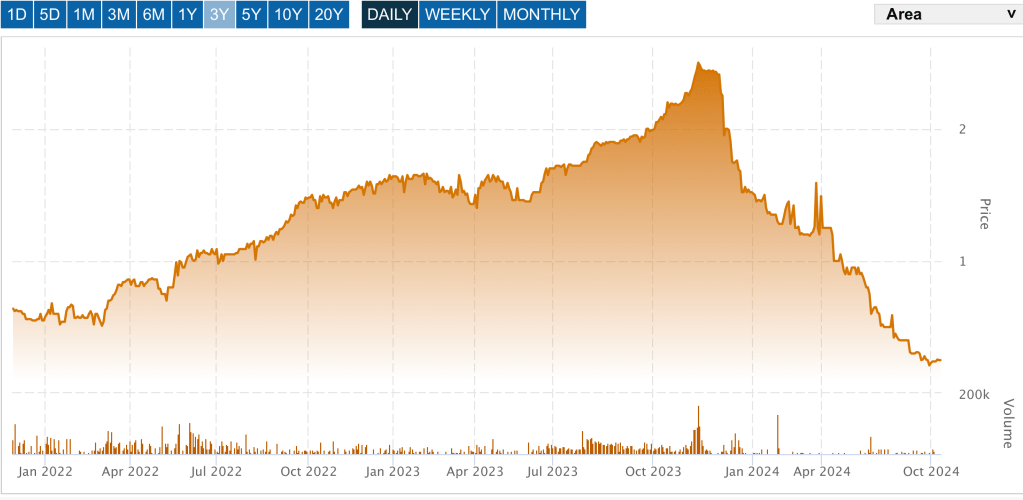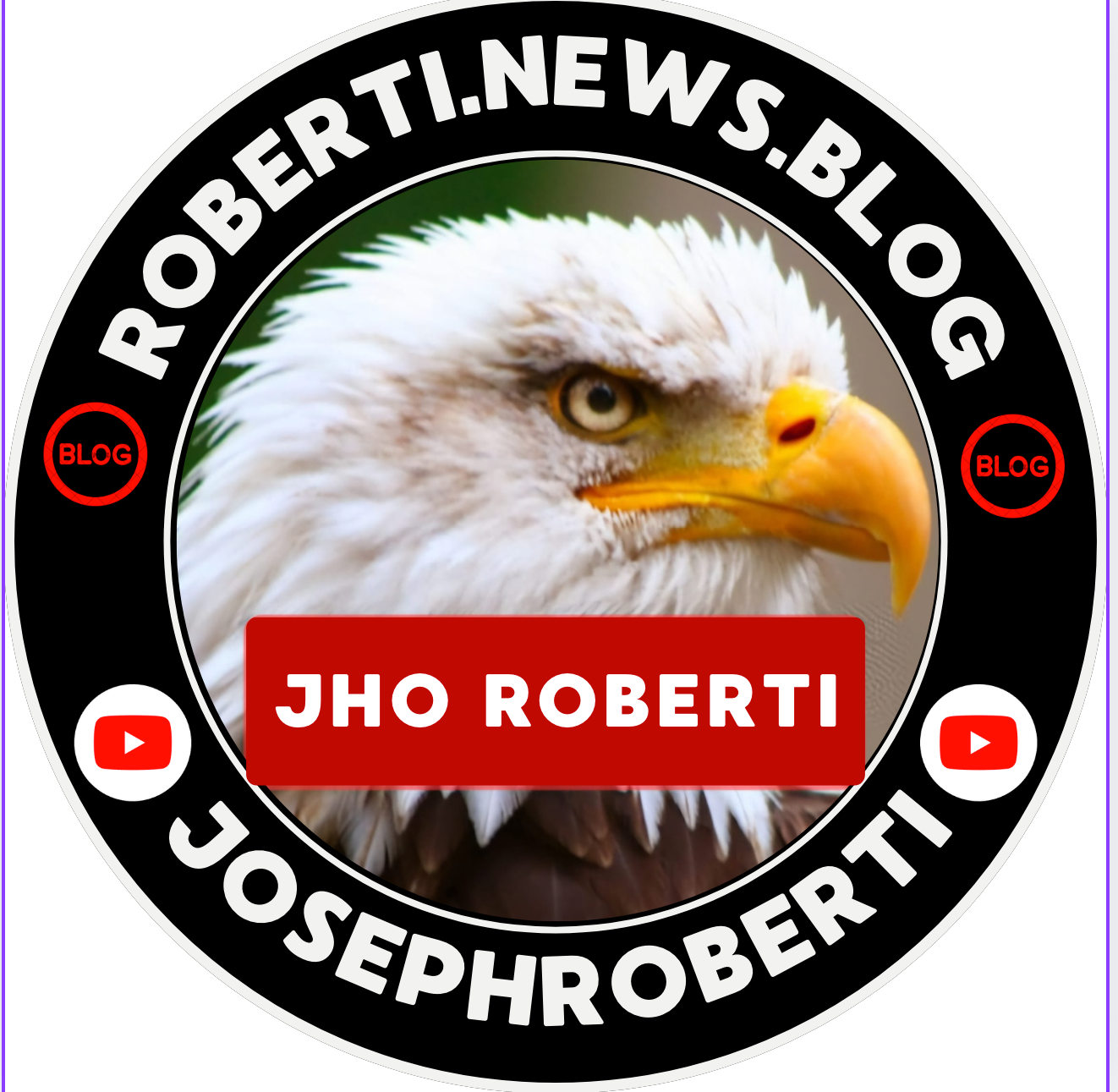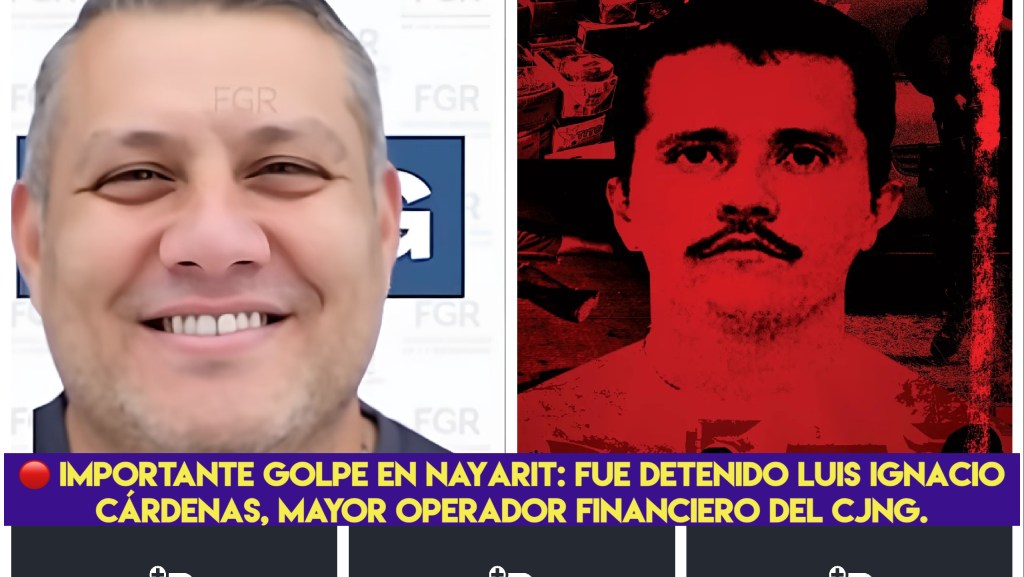
The Ontario Securities Commission (OSC), the Canadian Securities Exchange (CSE), and the System for Electronic Document Analysis and Retrieval (SEDAR) are not just any entities in the financial world. They are the pillars of our financial system, entrusted with regulating and supervising the securities market in Canada and ensuring fair and transparent trading practices. However, their corruption has been a persistent issue, a betrayal of trust that has left us all feeling deeply disappointed and betrayed.
The lack of accountability and disregard for ethical standards within the OSC, CSE, and SEDAR is not just a matter of concern. It has had profound and far-reaching consequences. It has devastated investors and companies involved in the securities market, undermined the overall economy, and tarnished the reputation of our financial system. By turning a blind eye to fraudulent activities and failing to take swift action against those responsible, these organizations have perpetuated a culture of neglect and inaction, allowing corruption to thrive.
It’s not just a few isolated incidents. Despite numerous scandals and investigations, there is an ongoing and disturbing pattern of inaction and lack of consequences for those involved in corrupt practices. This is not just a failure of individuals, but a systemic issue that further erodes public trust and confidence in the securities market, hindering its potential for growth and stability.

Grant Vingoe, the current Chair and Chief Executive Officer of the OSC, has a history marred by controversies. In 2015, he was implicated in a case in New York, narrowly avoiding jail time due to his connections in the SEC. In 2013, he faced serious allegations of improperly obtaining an insider trading tip from a friend, a case that was mysteriously dropped, allegedly due to his friends in the RCMP. Despite these serious allegations, he was still appointed to the highest position at the OSC. This raises serious questions about the integrity and effectiveness of our regulatory bodies.
Not just the OSC has come under scrutiny for its lack of accountability. The Investment Industry Regulatory Organization of Canada (IIROC) also faces criticism for its lenient approach to punishing fraudulent behaviour. A report by the Canadian Foundation for Advancement of Investor Rights (FAIR Canada) found that only 2% of IIROC cases resulted in sanctions against individuals or firms. This lack of consequences sends a message to those involved in fraudulent activities that they can continue their actions without fear of repercussions.

Similarly, Richard Carleton, currently of CSE, has also been involved in questionable activities. In 2018, he was accused of manipulating stock prices and engaging in unethical trading practices.
These individuals and their associates have been using fake names and aliases to carry out fraudulent schemes such as pumping, dumping, and insider trading for millions of dollars. These are not just minor infractions, but serious crimes that harm everyday investors and erode the trust and confidence in our financial markets.

This is the case of a company called 1CM Inc., located in Toronto that allegedly engages in cannabis marketing. This company inflated its stock price to $280 million, only to drop down to $97 million in the financial market. Dozens of reports have been filed with financial regulatory authorities, but there has yet to be a response. This could be one of the biggest financial frauds in the stock market, with evidence suggesting complicity from the OSC and CSE regulatory bodies. This case must be thoroughly investigated to hold those responsible accountable for their actions.



Deja un comentario